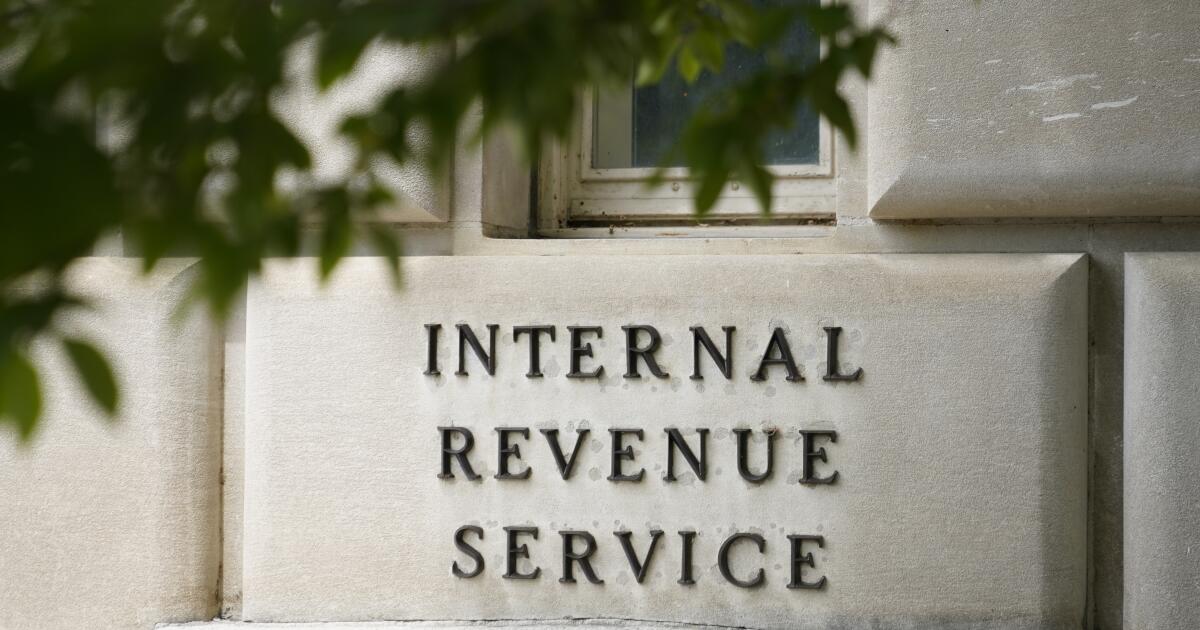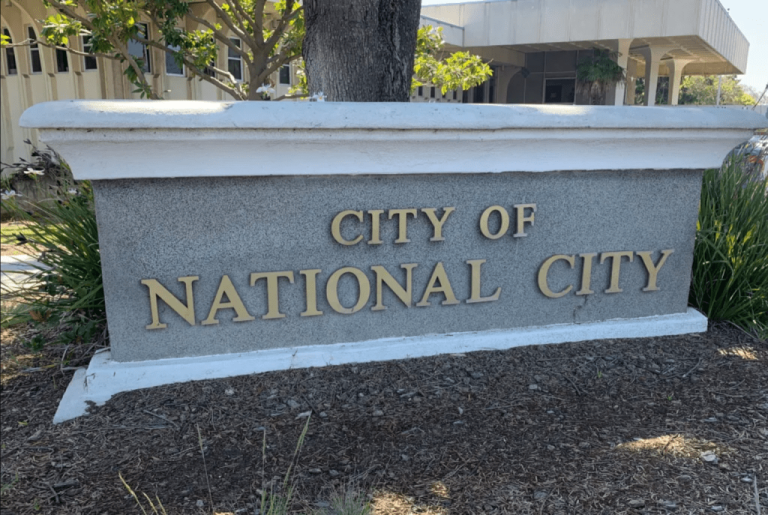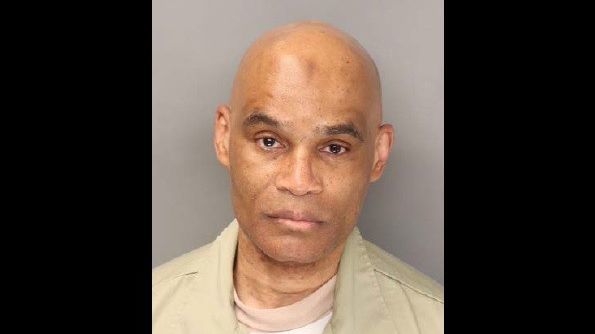
San Diego County residents and businesses now have until June 17 to file individual and business tax returns and pay federal taxes, the Internal Revenue Service announced Tuesday.
The amended deadline intends to provide “tax relief for individuals and businesses in parts of California affected by severe storms and flooding that began on Jan. 21,” the agency said in a news release.
“Individuals and households that reside or have a business in this locality qualify for tax relief,” the agency also stated.
The IRS routinely offers relief to areas designated by the Federal Emergency Management Agency. In January, San Diego County and other parts of Southern California were hit by devastating storms that resulted in multiple lost lives, as well as homes and businesses destroyed by catastrophic flooding.
The following deadlines have been moved to June 17:
- Individual income tax returns and payments, which were previously due April 15.
- 2023 contributions to IRAs and health savings accounts for eligible taxpayers.
- 2024 estimated tax payments that were previously due April 15.
- Quarterly payroll and excise tax returns that were previously due on Jan. 31 and April 30.
- Calendar-year partnership, corporation, fiduciary and S corporation returns, which were previously due March or April 15.
- Calendar-year tax-exempt organization returns, which had been due May 15.
A few more helpful details
The state has not announced a deadline extension: In previous disasters, the California Franchise Tax Board also extended state filing deadlines to match federal deadlines. The Union-Tribune reached out to the state and will provide updates as information becomes available.
Extensions: If you expect you’ll need an extension beyond June 17, it’s best to request that electronically by April 15. Between April 15 and June 17, extension requests will have to be submitted on paper. Payments are due June 17, and the extended filing date is Oct. 15. MOre at IRS.gov/extensions.
Who qualifies: Filing and penalty relief is provided “automatically” to taxpayers with addresses in the disaster area — which is San Diego County, the agency said. If you just moved to San Diego County or live here and receive a late filing or late payment penalty notice from the IRS, call the agency and ask for an abatement.
If your tax records are in San Diego County but I live elsewhere: “Taxpayers qualifying for relief who live outside the disaster area need to contact the IRS at 866-562-5227. This also includes workers assisting the relief activities who are affiliated with a recognized government or philanthropic organization,” the agency said.
Updates: The disaster relief page on IRS.gov regularly updates its list of areas that are eligible for extended deadlines.
Tax relief for people with storm losses: If you were uninsured or are saddled with unreimbursed disaster-related losses, the IRS offered this guideline: These tax filers “can choose to claim them on either the return for the year the loss occurred … or the return for the prior year.” That means 2023 or 2024. Write the FEMA declaration number 4758-DR on any return claiming a loss.
Additional relief — including for taxpayers with retirement plans or individual retirement arrangements — may be available. Information is available on the IRS.gov website.






